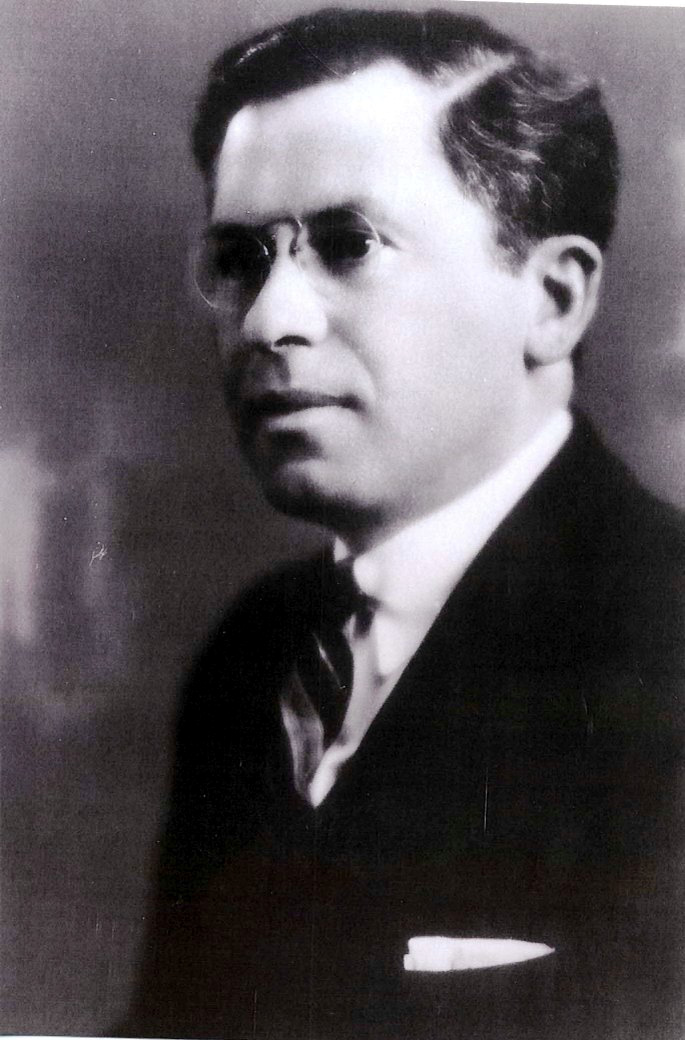|
|||||||||||
|
Skip Navigation | ||||||||||
|
Partnering for the Greater Community
|
||||||||||
 |
| Maurice Amado |
The Maurice Amado Foundation, through the efforts of Ralph and Honey Amado, has awarded a $500,000 endowment to the College of Humanities and the Jewish Studies Interdisciplinary Program to fund the Maurice Amado Endowed Professorship in Applied Jewish Ethics and Civic Engagement.
The Amado Foundation, established in 1961 with a mission to further Sephardic heritage and culture, continues as a grant-making organization 50 years later, with a contemporary emphasis on Jewish ethics, civic responsibility, and community involvement. The Maurice Amado Professor, according to the endowment agreement, will "teach and engage in scholarship drawn from the heritage of Sephardic, Ashkenazic, and other Jewish traditions," with courses that will explore "the Jewish ethical approach to communal and political challenges."
The organization found common cause with CSUN's Jewish Studies Program, which since the 1990s has connected CSUN students of all religious backgrounds and ethnicities with the Los Angeles Jewish community through its Service Learning component. "CSUN's Jewish Studies Program has contributed directly to the quality of life in Los Angeles by placing undergraduate interns in the non-profit agencies of the Los Angeles Jewish community," says Dr. Jody Myers, Coordinator of the Jewish Studies Interdisciplinary Program. "The Maurice Amado Endowed Professorship in Applied Jewish Ethics and Civic Engagement will build upon this strength and put it into a larger perspective."
"Jews have survived as a people because they took care of each other and made valuable contributions to the societies in which they lived," Myers continues. "This unique professorship allows us to strengthen our international approach to Jewish culture." Likewise, the Maurice Amado Professor will create opportunities for Northridge's Jewish students to interact with other ethnic and religious groups. An annual Amado Lecture, according to the endowment agreement, will aim to "engage the broadest possible participation by members of the campus and surrounding communities." Additional events will include gatherings like readings, speaking engagements, and performances representative of diverse cultures and perspectives.
"We look forward to teaching and researching Jewish communal concerns and civic engagements by exploring the broad range of Sephardic, Ashkenazic, and other Jewish communities and traditions," Myers says, emphasizing the Amado Foundation's principal interests in fostering Jewish ethics and the inclusion of Sephardic heritage in the education of all American Jews. A statement by the College of Humanities adds, "We believe that Jewish ethics and communal traditions have played a vital role in human civilization. Students knowledgeable about this heritage are more likely to become responsible global citizens committed to principles of freedom, equality, justice, and participatory democracy."
— Submitted by Teresa K. Morrison
Diverse by Design
The extraordinary range of CSUN's Jewish Studies Interdisciplinary Program is quickly revealed by a visit to its home page, where you'll find pictures from last year's Wilderness Survival field trip, part of the Natural Environment and Judaism class. The course, available again this fall, is described as "an examination of teachings on the natural environment found in Jewish literature and oral teachings, with an emphasis on values and practices related to respect for natural life and environmental conservation."
The program's diversity is quite deliberate, says Dr. Jody Myers, who has served as coordinator of the Jewish Studies Interdisciplinary Program since 1986. When the program was created back in 1969, then offering a Jewish Studies minor as well as general education and elective courses—a Modern Jewish Studies major was added in 2006—ethnic studies programs had begun to demand greater voice in the curriculum, with many establishing their own departments. However, Myers explains, the three professors who formed the Jewish Studies program at CSUN, coming from the university's Sociology, History, and English departments, wished to defy rote categorization and potential marginalization by continuing to draw from a wide variety of disciplines. Today, professors and lecturers from English, History, Modern and Classical Languages, Religious Studies, and Sociology offer courses in the Jewish Studies Program to majors and minors as well as students across colleges.
Myers, the first Jewish History professor to serve as program coordinator, puts a high value on such integration, emphasizing access to students from all religious and ethnic backgrounds. Many non-Jewish students are drawn to the program through experiential offerings like Wilderness Survival and Service Learning in the Jewish Community, the latter of which connects CSUN students of all religious backgrounds and ethnicities with the Los Angeles Jewish community through nonprofit social welfare and political action sector work. Through such hands-on avenues as well as widely...continued on page 5
| page: | 1 | 2 | 3 | 4 | 5 | 6 | 7 | 8 |